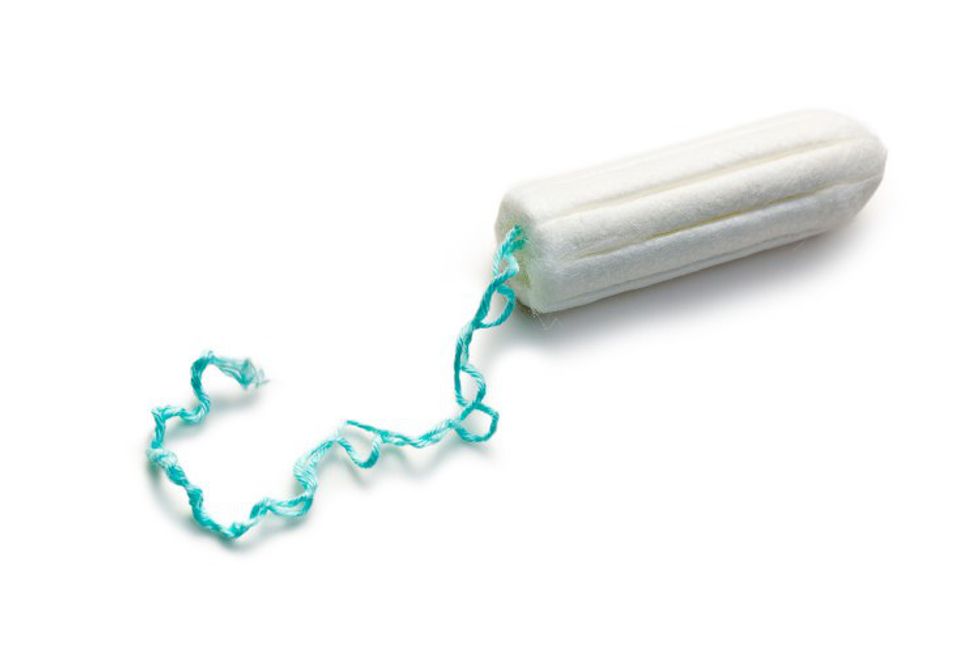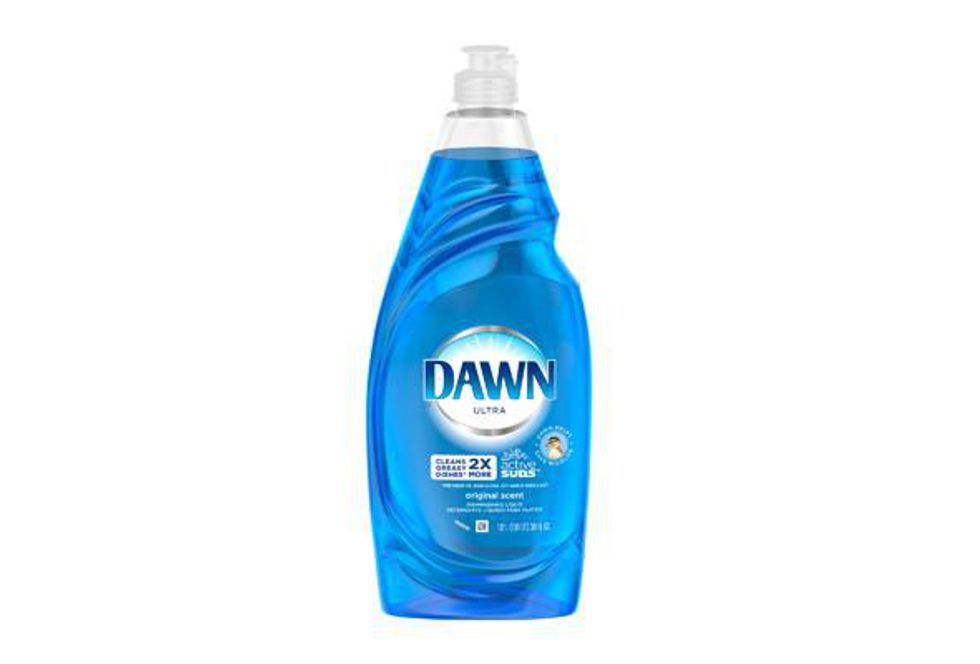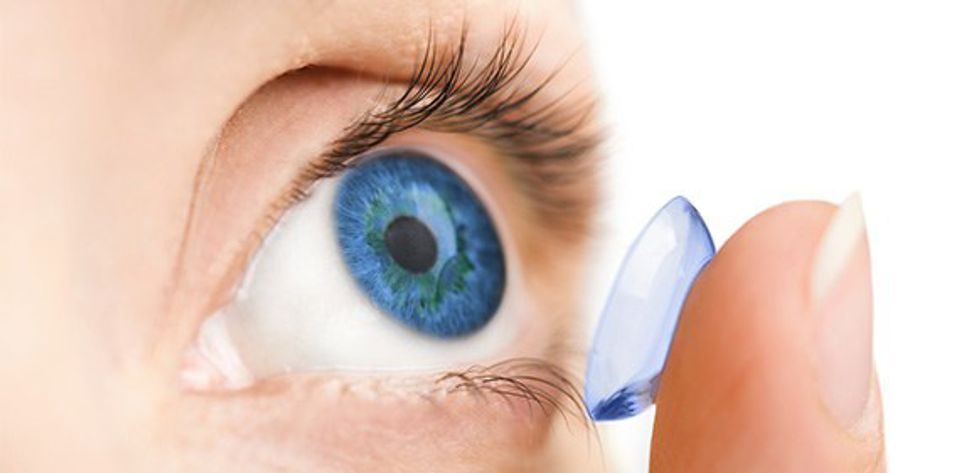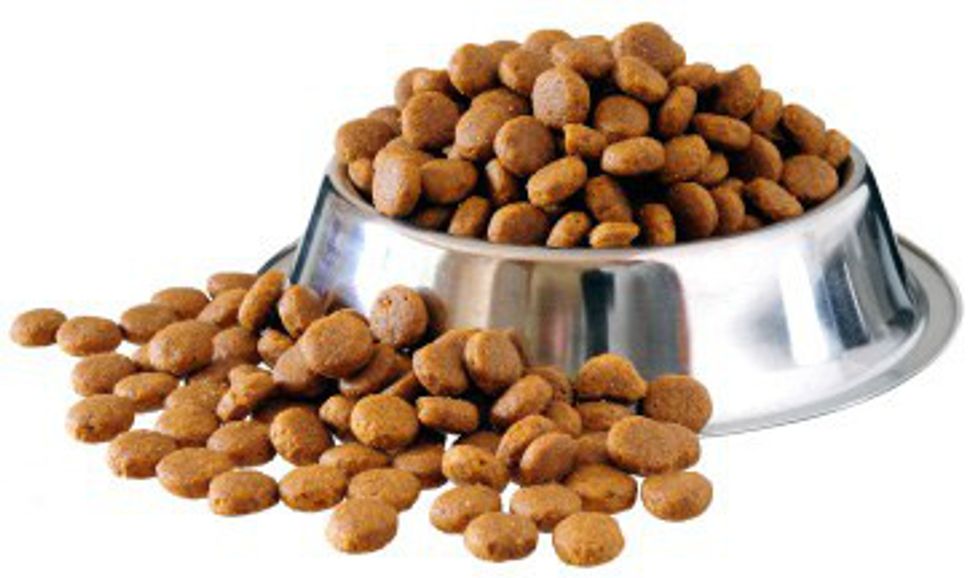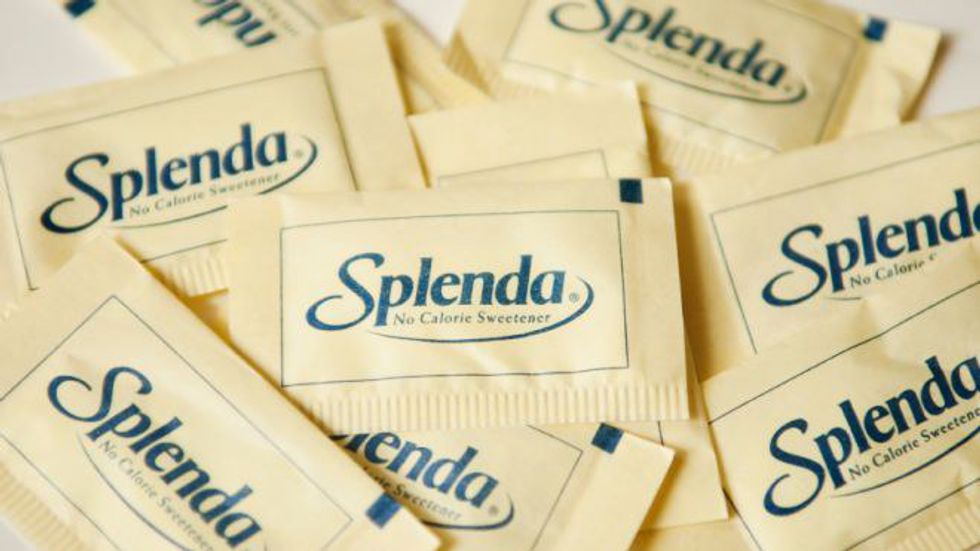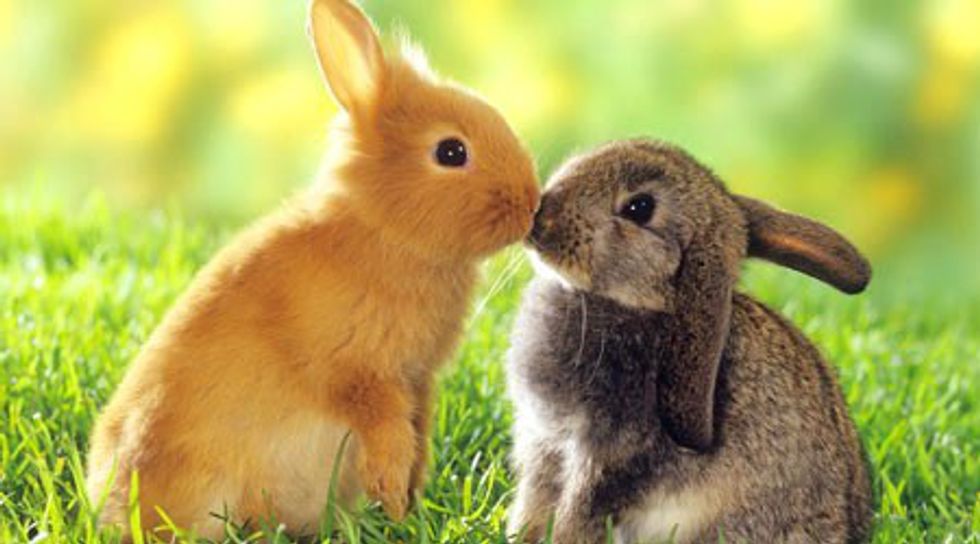
Animal testing has been a cause I've considered myself passionate about for awhile. A few summers ago, I challenged myself to only buy and use products that weren't animal tested. And I admit I went into this challenge with a significant amount of ignorance. Animal testing seems like a cruelty of the distant past. Surely, I thought, with a little research it'll be no problem living cruelty-free. Obviously, products need to be regulated and determined safe for human use, but in this day and age can't we figure out a way to do that without testing on animals? I mean, there are some companies out there who don't test on animals so if they can do it, why can't everyone? Evidently, I found that living cruelty-free is not as easy as it sounds. Virtually every common cosmetic or household product has more likely than not been tested on animals. Not to mention that living on a lowly college student's budget can make it much harder to find products that are both cruelty-free and affordable. If you're just as unaware of the weight of this problem as I was and just as outraged as me at this overlooked atrocity, I've compiled a list of products that you may not be aware are being tested on animals (and some suggested alternative brands that claim they are cruelty-free!)
Disclaimer: This is just based on information I've found in my research but there is a lot of conflicting information about which companies do and do not test on animals and oftentimes it can be discovered later on so if you want to live cruelty-free I suggest you do some research on your own as well!
1. Tampons
Tampons are made from cotton, which is bleached with chlorine. This chlorine is an ingredient that is tested on animals. You must be thinking, certainly they don't literally put a tampon in an animal, but sadly this is actually the case. Luckily, there are plenty of cruelty-free alternatives! Natracare and Emerita are both brands that don't test on animals and can typically be found at a local health food store (such as Whole Foods). Some more common cruelty-free brands you could use are Seventh-Generation and CVS store-brand tampons. Additionally, there are plenty of other menstruation alternatives out there such as the Diva Cup, cloth pads or Thinx panties. So maybe next time it's your time of the month, you'll consider using a product that you know has not been inserted into little bunnies.
2. Dish Soap
Remember those cute Dawn commercials where they wash the little duck with dish soap? What's not so adorable is that dish soap is usually animal tested! There is a lot of controversy around Dawn's animal testing and their campaign on "saving wildlife." But, many other brands are testing on animals as well. Method is a great brand that offers a variety of cruelty-free household cleaning products. You may also be able to easily find Attitude or Mrs. Meyer's products at a local Target or CVS or shop online!
3. Contact Lenses
As a medical device, contact lenses are regulated by the FDA and while they are not classified as something that is required to be tested on animals before human usage, most brands of contacts are. From what I understand, contact lenses will be inserted into rabbits' eyes and most saline solution is tested on animals as well. DaySoft contact lenses are cruelty-free, and if you're looking for a saline solution try Clear Conscience.
4. Pet Food
(Image found on www.sheknows.com)
There is some pretty horrific information about pet food makers cruelly testing on animals (and no, they are not just feeding their food to these animals). I'm going to spare you the gory details on this one, but if you're interested the information is only a quick google search away! With that being said, you can try feeding your furry friend Wellness, Fromm or Weruva.
5. Splenda
(Image found on consciouslifenews.com)
Splenda is owned by a subsidiary of Johnson and Johnson, which is a company that is well-known for using animal testing for their products. If you aren't able to switch to sugar, try Stevia as an alternative.
It can be incredibly hard to live a 100 percent cruelty-free lifestyle but hopefully, this list will make a cruelty-free life a little bit easier. If you're interested in finding out more about which products are cruelty-free and which products to avoid, a great resource is Leapingbunny.org.




